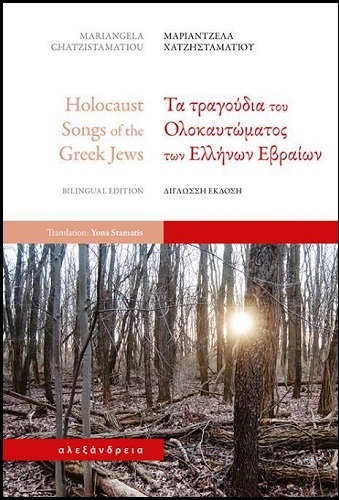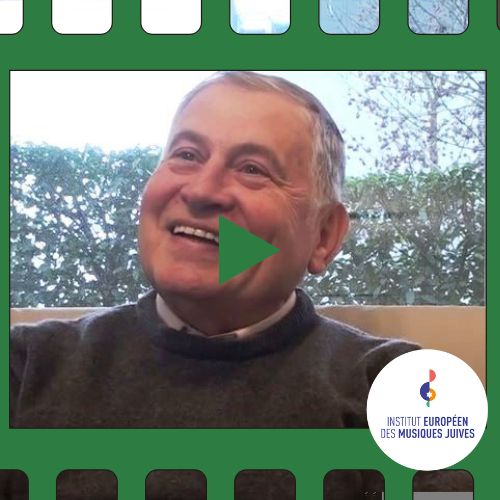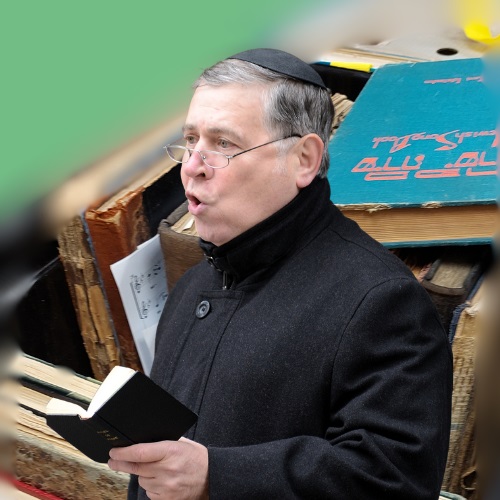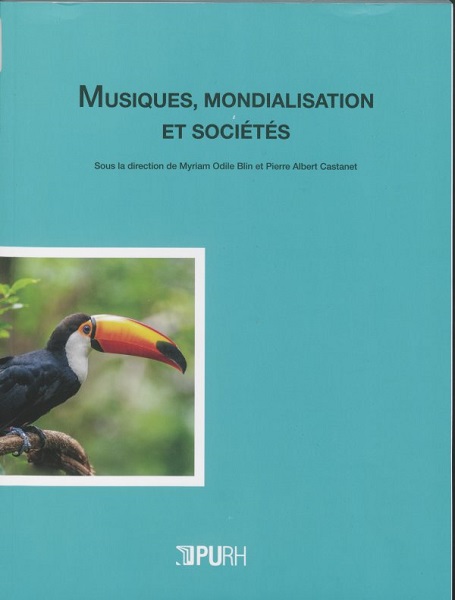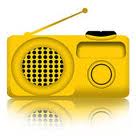
A radio broadcast from the European Institute of Jewish Music, hosted by Hervé Roten
MUSIQUES JUIVES D’HIER ET D’AUJOURD’HUI – TUESDAY JANUARY 19, 2016, JUDAÏQUES FM (94.8), 21H05 – Guest: Misha Nisimov. Radio program in French
At the end of the 19th century, several parisian cafés became places for artistic performances, theatre, and Yiddish songs. But it was often short-lived… It was not until the aftermath of war that opened in Paris real cabarets, like La Riviera of Bernard Potock and Dave Cash, the Habibi Club of Sigmunt Berland or even the dancing-cabaret Le Zodiac. Later, in the 1950’s, Dave Cash opened another venue in Pigalle, Le Cabaret Yiddish. As in all cabarets, singers and dancers performed, with women more or less dressed, encouraging the customers, speaking mainly Yiddish, to eat, drink, sing, talk and dance. The song repertoire was mainly Yiddish, Russian, Romanian and Gypsy music.
In 1956, a young accordionist called Misha Nisimov arrived in France. Coming from Bulgaria, Misha Nisimov knew perfectly the Yiddish repertoire. And naturally, he began earning his living playing in Jewish cabarets of the time. He came across Sarah Gorby, Dave Cash, the balalaika player Georges Streha and many other artists.
In 1960, Yiddish music lost a little of its fame. Fashion was to Russian music and Jazz. Some cabarets, like Raspoutine, La Grande Séverine, La Chauve-Souris, and especially the cabaret Chez Dave Cash, still offered a Yiddish song repertoire. Misha Nisimov continued to play in those cabarets. But at the beginning of 1970, French artists singing in Yiddish became rare (Sarah Gorby, Genia Fajerman, Leiélé Fisher, Violette Szmajer, Talila, Ben Zimet and Lionel Rocheman…) We had to wait 4-5 years for a new generation of artists to come, such as Jacques Grober, Hélène Engel, Rosalie Becker, Michèle Tauber and Meredith.
Important witness of this Yiddish song saga in France, our guest Misha Nisimov will talk of his memories of his career: from Yiddish cabarets to today’s Jewish music scene.
This program will be illustrated with many audio examples, coming in particular from the box set Jewish Music in the Aftermath of War – Elesdisc 1948-1953 published by the EIJM publishing house.
Buy the CD box set Jewish Music in the Aftermath of War – Elesdisc 1948-1953
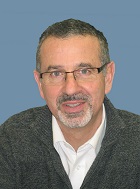
Ethnomusicologist, he quickly developed an interest in the safeguard and digitization of archives, subjects he taught for several years in Reims and Marne-La-Vallée universities.
Author of many articles, books and recordings related to Jewish music, producer of radio programs, Hervé Roten is recognized today as one of the best specialists of Jewish music in the world.
